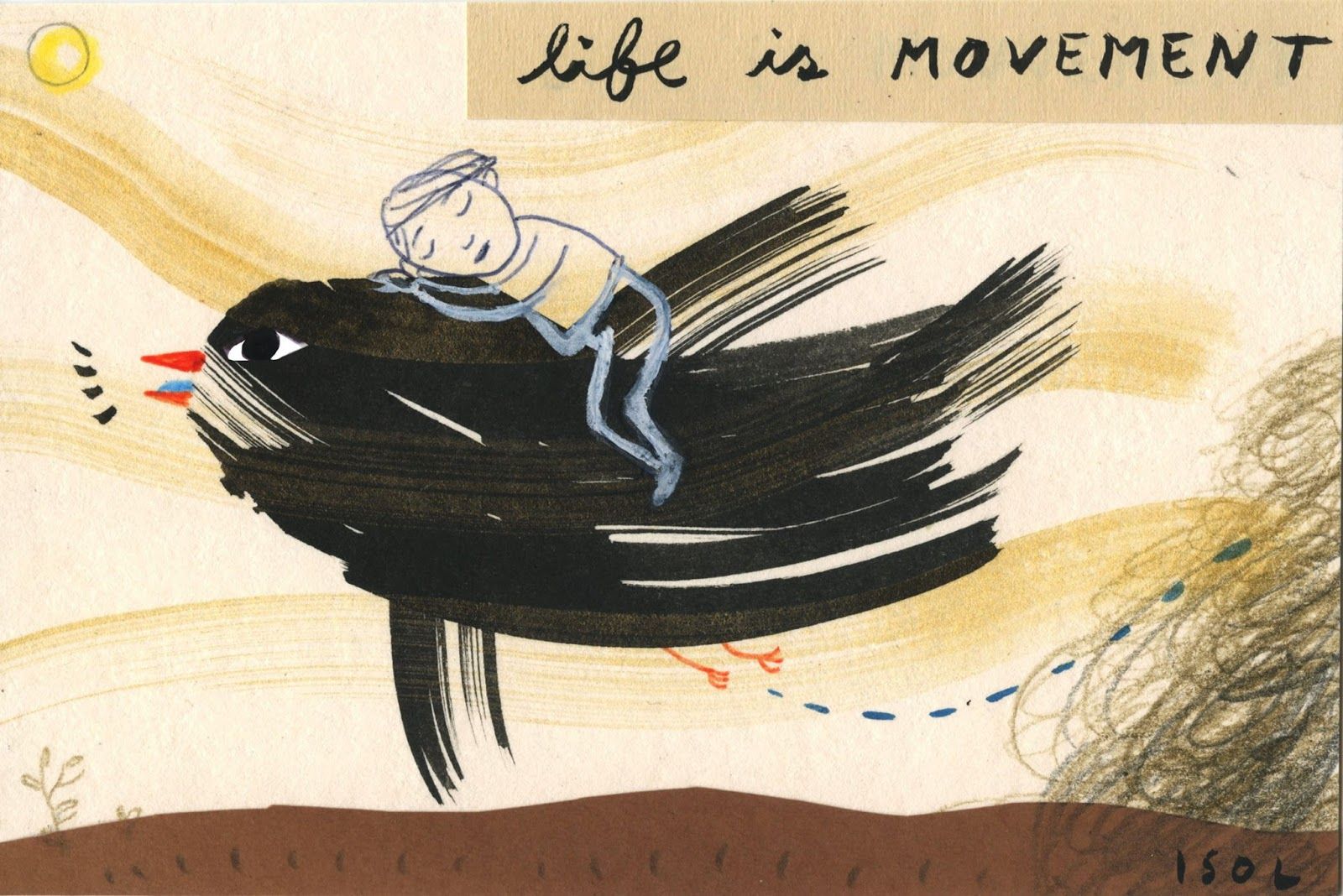We seek to explore the connection(s) between flights of imagination, motivation to belong and second language learning, with students from refugee and migrant backgrounds, and their teachers, attending English language classes in Dublin, Ireland.
Project Overview
Improvisation. Voice. Process Drama. Devising. Music-making. Creative Writing. Dance and Movement. These are some of the arts forms we engage with, as practitioners, to facilitate language teaching and learning – taking a performative approach to education.
Motivation to belong. Ethical Imagination. Embodied Methods. These are some of the constructs we explore, as researchers, to investigate language teaching and learning – a performative approach to research.
Our practice is inspired on imagery from the illustrated book Migrations: Open Hearts, Open Borders. In the collection, Shawn Tan writes: “All migration is an act of imagination, a flight of the imagination”. We also believe that learning a new language is a flight of the imagination.

Image Credit: Migrations - Artwork by ISOL in 'Migrations: Open Hearts, Open Borders'
Goals
The project aims to support teachers in designing ethically-sound performative practice. Ethical issues are of primary concern when using arts-based activities to facilitate learning. It is a misconception to assume that all games and role-plays are always conducive to learning – more so in vulnerable contexts.
Using the arts without careful consideration when working with youth from refugee backgrounds can reinforce traumatic memories. This can lead to low motivation to speak the language and foreign language anxiety. Conversely, mindful use of performative language teaching can enhance motivation, self-efficacy, and boost language proficiency.
Rather than exploring ‘what was’ – replicating or re-living a past situation through storytelling, we are interested in affirming positive identities that explore a ‘what if’, engaging the imagination to explore issues of identity, belonging and language.
- How does motivation to belong relate to language learning, when working performatively with young people enrolled in an English class for refugees and migrants in Dublin?
- How can embodied research methods be used effectively to investigate motivation to belong, and its connection to language learning, in young people enrolled in an English class for refugees and migrants in Dublin?
- How does performative language practice support an ethical imagination in the practitioners involved in the study? *In light of the COVID-19 pandemic and its consequences on population, a fourth Research Question emerged:
- *How is the current lock down in Ireland affecting the participants' sense of belonging and motivation to speak English? (Further details HERE 'Inside. Outside. And beyond. An arts-based research project on refugee's experiences of 2020 lock down in Dublin, Ireland'.)
These questions are subject to change, in line with the nature of qualitative research and the Exploratory Practice framework.
Research Methodology
Exploratory Practice methodology is a form of qualitative research that integrates research and pedagogy. This research-pedagogy integration is achieved through pockets of classroom activities, known as Potentially Exploitable Pedagogical Activities or PEPAs.
Exploratory Practice practitioners are invited to start with a puzzle. As a research team, our first puzzle was how to effectively investigate abstract concepts (like belonging) with participants that are semi-literate and speak English at beginner’s level.
Some of the embodied research methods (PEPAs) we consider include digital storytelling, mapping, improvisation, movement, creative writing, sculptures made of fabric or clay. We use life drawing sketches to document and capture key moments, alongside recall, interviews and observation.
Research Team
- Erika Piazzoli (Assistant Professor, Arts Education, Trinity College Dublin)
- Elif KIR Cullen (Teacher Trainer, Assistant Professor in Linguistics, Medeniyet University, Istanbul)
- Fiona Dalziel (Professor, Department of Linguistics and Literary Studies, University of Padova)
- Luca Marrucci (Visiting Fellow, School of Education, Trinity College Dublin)
- Garret Scally (Researcher, Practitioner, Lecturer, The University of Kiel)
- Kathleen Warner Yeates (Writer, Actor, Director, Flying Turtle Productions)
- Miriam Stewart (Trinity College Dublin graduate; teacher, Flying Turtle Productions, CELTA instructor)
- Rachel Jacobs (Senior Lecturer in Creative Arts, Western Sydney University)
- Anna Ciobanica (Trinity College Dublin graduate, ESL teacher, actor)
- Aisling Mc Nally (Institute of Art, Design and Technology graduate; Visual Arts Superintendent)
Community Partners
City of Dublin Education and Training Board (CDETB) youth services:
- The Migrant Access Programme (MAP), which prepares young people from refugee background to be mainstreamed into Irish schools, administered by the Youth and Education Service (YES) for Refugees and Migrants
- Youthreach, a further education programme for early school-leavers from refugee and migrant backgrounds
Contact

Funding
Funded by the Irish Research Council (IRC) New Foundations, Engaging Civic Society.

/prod01/channel_3/media/tcd/education/research/research-projects/Migrations-ISOL.jpg)


